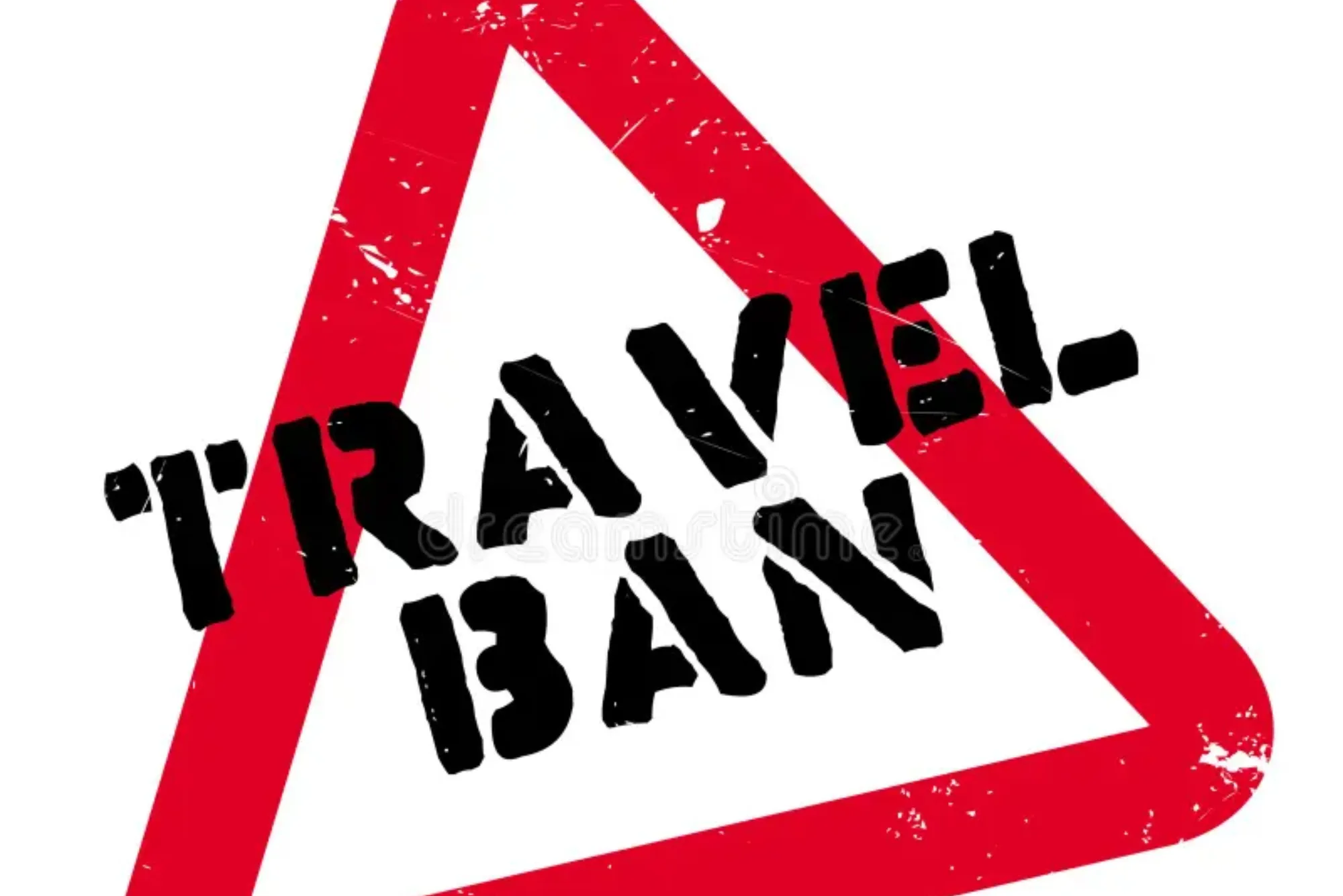In an era of global mobility and ever-evolving geopolitical landscapes, the possibility of encountering a travel ban can pose a significant challenge. Whether you’re planning a trip for leisure, business, or family reasons, being informed about any potential travel restrictions is crucial to avoid disruptions. This article explores in detail the process of checking your travel ban status, offering a thorough understanding of the steps involved and how to navigate potential complications.
Understanding the Nature of Travel Bans
To effectively check your travel ban status, it’s essential first to understand what constitutes a travel ban. A travel ban is a restriction imposed by a government or international authority that prohibits an individual from entering or leaving a country. The reasons for such bans can be varied and multifaceted. National security concerns are a common cause, where governments may restrict entry to individuals who are deemed a security risk. Legal issues can also lead to travel bans, particularly if there are pending legal matters or unresolved obligations. Health concerns, especially during outbreaks of diseases or pandemics, might result in travel bans to protect public health. Additionally, political or diplomatic reasons, such as sanctions or conflicts between countries, can also lead to the imposition of travel bans.
Identifying the Relevant Authorities
The first step in checking your travel ban status involves identifying the relevant authorities responsible for enforcing travel restrictions. Depending on the country in question, this could be the immigration authorities, which manage entry and exit requirements, or consular services that assist with international travel matters. Customs and border protection agencies are also crucial in enforcing travel restrictions at borders. Each of these entities plays a role in managing and communicating travel bans.
Utilizing Government Resources
Once you have identified the relevant authorities, the next step is to utilize available government resources to check your travel ban status. Many governments provide online resources for this purpose. Visiting the official immigration or consular websites of the country you are concerned about is often the most straightforward approach. These websites typically have sections dedicated to travel advisories and restrictions. In some cases, you may find online tools where you can input your personal information to determine if you are subject to any travel bans.
Government websites often provide comprehensive and up-to-date information regarding travel restrictions. These resources are designed to help travelers understand the current status of their eligibility to enter or leave a country. Checking these websites regularly can help you stay informed about any changes in travel regulations that may affect your plans.
Contacting Embassies or Consulates
If you are unable to find sufficient information online, contacting the embassy or consulate of the country you plan to visit is another reliable method. Embassies and consulates can provide detailed and specific information regarding travel bans. To proceed, you should find the contact information of the relevant embassy or consulate, which is usually available on their official websites. When reaching out, be prepared to provide necessary details about your identity and the purpose of your travel. The embassy or consulate can then offer guidance on whether you are subject to any travel restrictions and advise on any additional steps you might need to take.
Embassies and consulates are well-equipped to handle inquiries related to travel bans and can offer assistance tailored to your individual situation. They can also provide updated information on the latest travel advisories and restrictions, ensuring that you have the most current information available.
Seeking Professional Advice
In some cases, you might find that checking travel ban status is complicated or unclear. If you encounter difficulties or have concerns about legal implications, seeking advice from legal or travel experts can be highly beneficial. Legal professionals can help you understand the reasons behind a travel ban and advise on any legal actions you might need to take. Travel experts can assist with navigating complex situations, including appealing decisions or managing unexpected travel restrictions.
Legal and travel experts bring a wealth of experience to handling cases involving travel bans. Their expertise can provide clarity and support, helping you address any issues and plan your travel effectively.
Reviewing International Sanctions Lists
For travel bans related to international sanctions or geopolitical issues, reviewing international sanctions lists may be necessary. These lists are often maintained by global bodies such as the United Nations, which provides information on global sanctions and travel bans. Regional entities like the European Union also maintain sanctions lists that affect member states. Checking these lists can help you understand whether you are subject to any international travel restrictions and what actions you might need to take.
International sanctions lists offer a broader perspective on travel restrictions that may not be specific to individual countries but could still impact your travel plans. By reviewing these lists, you can gain a better understanding of any potential restrictions that might apply to your situation.
Addressing Common Issues
Encountering unclear or incomplete information about your travel ban status can be frustrating. In such cases, it is essential to seek clarification from the relevant authorities or review multiple official sources to ensure you have accurate and comprehensive information. If legal complications arise, understanding the reasons behind the travel ban and seeking legal advice can help address any issues effectively. For health-related travel bans, adhering to health guidelines and staying informed about changes in health advisories is crucial.
Tips for Effective Travel Planning
To avoid issues with travel bans, thorough research and preparation are key. Always research the travel regulations and potential restrictions of your destination well before you plan your trip. This includes checking for any travel advisories, visa requirements, and specific entry conditions. Keeping your travel documents updated and complying with entry requirements can help prevent disruptions. Staying informed about policy changes and having contingency plans in case of unexpected travel restrictions can also contribute to a smoother travel experience.
Checking your travel ban status is an important step in ensuring a successful and trouble-free trip. By understanding the nature of travel bans and following the outlined steps, you can stay informed and take the necessary actions to address any potential issues. Whether dealing with legal matters, health concerns, or international sanctions, being proactive and well-informed will help you navigate the complexities of international travel with greater confidence.






















